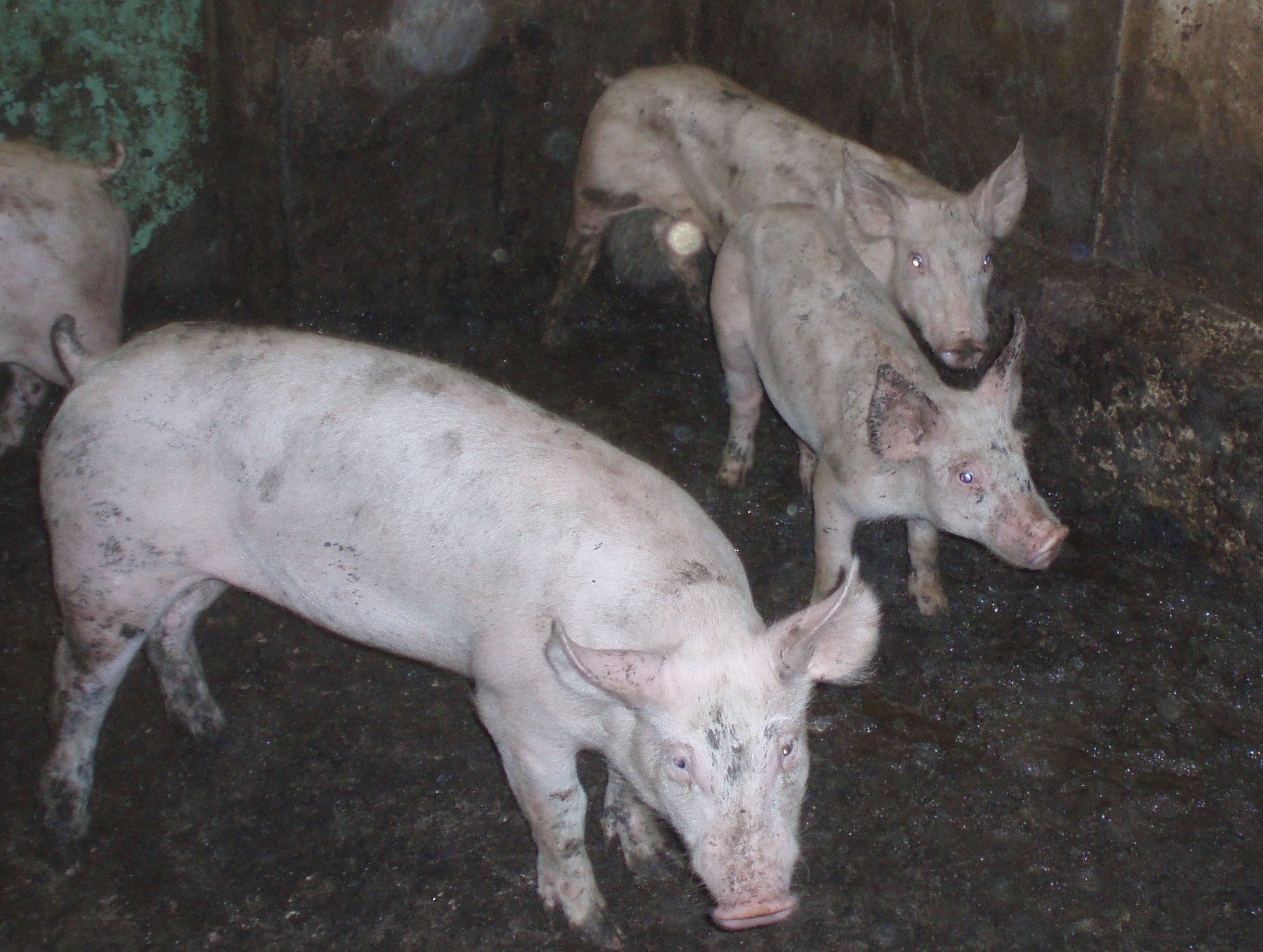RVC researchers invent oral vaccine platform to combat PCV2
Researchers at the Royal Veterinary College (RVC) have developed an oral vaccine against porcine circovirus type 2 (PCV2) based on the yeast Saccharomyces cerevisiae.
PCV2 is endemic in every major pig producing country, causing PCV-associated disease (PCVAD), linked with large scale economic losses. The disease is controlled to a certain extend by currently available vaccines, which have been shown to be effective in reducing symptoms and increasing production parameters but not in preventing the spread of the virus.

Commercially available PCV2 vaccines administered by injection can be time consuming on large pig farms. As the driving factor behind the development of new farm-animal vaccines is often the economic viability, vaccines that do not need to be administered individually, are cheap to produce and can be stored without a cooling chain are an attractive option. Therefore oral vaccination is ideal.
Oral vaccines in general cause less stress and associated immune-suppression for the recipient, both of which are risks factor for developing PCVAD.
The RVC researchers were able to express the protein on the surface of the yeast, and demonstrate that the protein was fully accessible even after inactivation of the yeast. This has interesting implications as inactivated Saccharomyces cerevisiae is not considered a genetically modified organism by the European Union. Additionally, inactivated yeast does not require refrigeration, which would cut down on vaccine storage costs.
The research team was able to show in a ‘proof of concept’ study that oral application of powdered freeze-dried recombinant Saccharomyces cerevisiae yeast stably expressing the capsid protein of PCV2b significantly reduced viral load and shedding, prevented development of clinical signs of disease, as well as increased antibody titers in serum (IgG) and faeces (IgA).
For more information about the research, see Oral application of freeze-dried yeast particles expressing the PCV2b Cap protein on their surface induce protection to subsequent PCV2b challenge in vivo.
